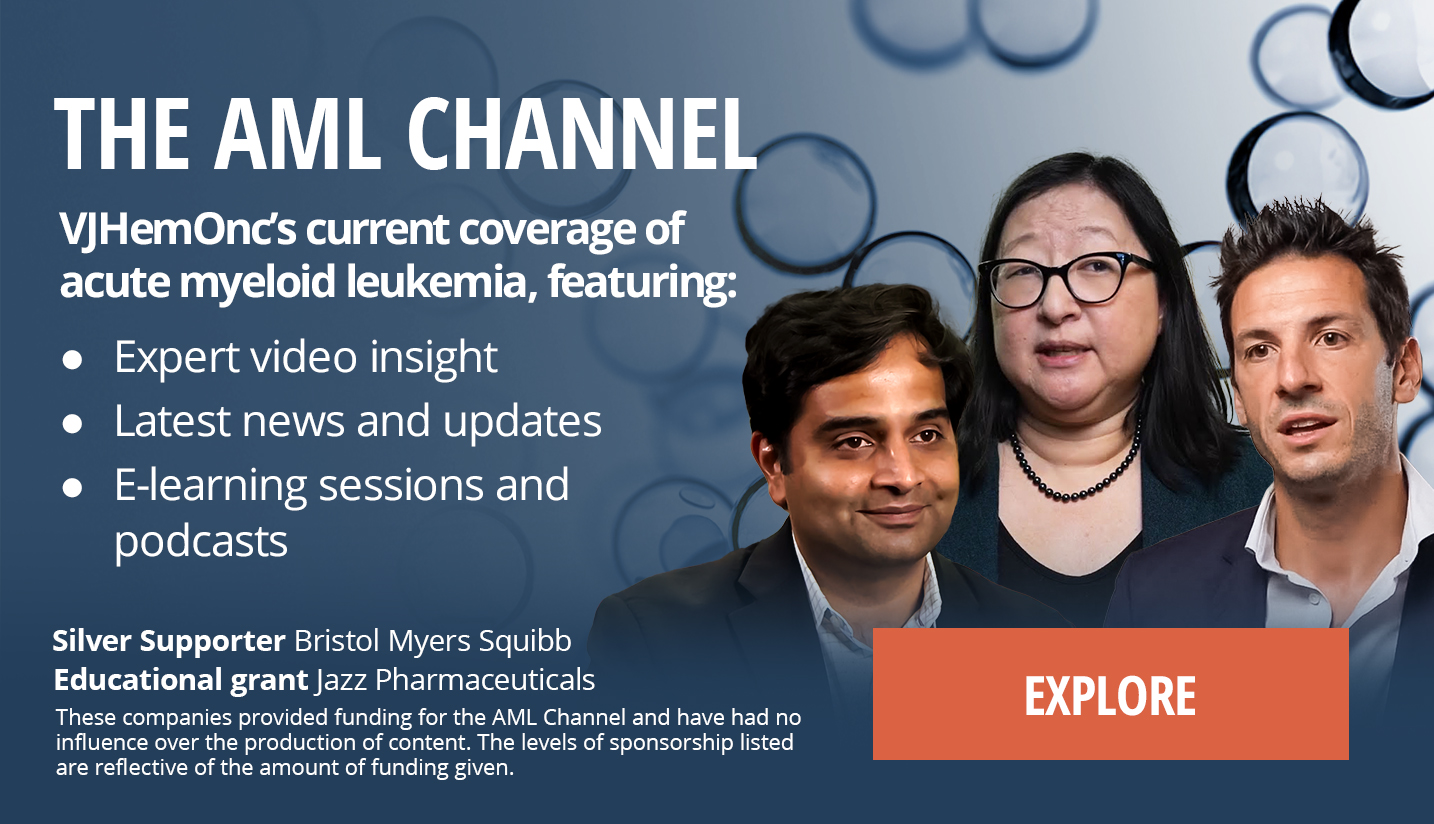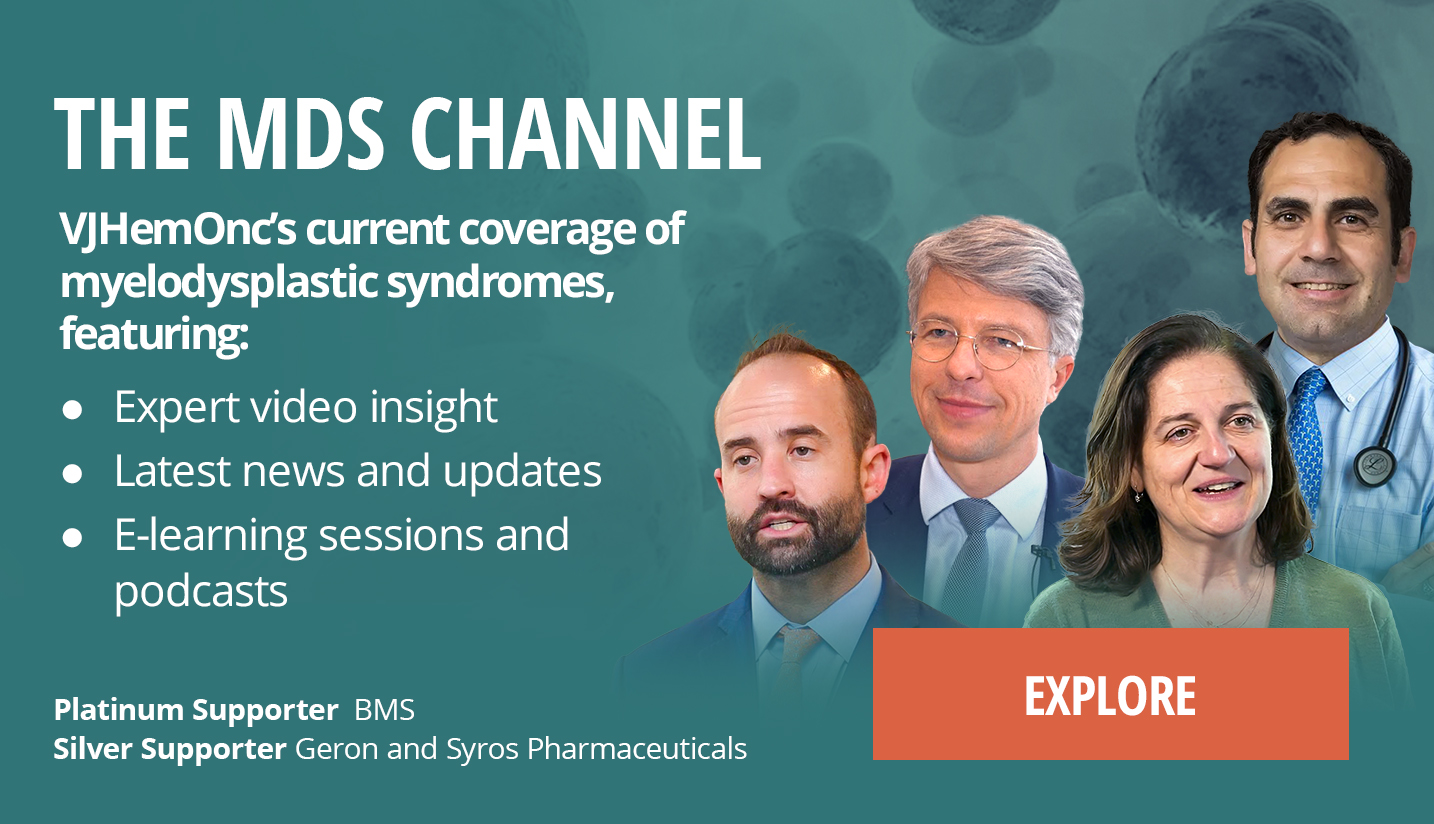So I think unfortunately p53 mutant patients don’t respond well to any therapy and i think a lot of us would argue that unfortunately as of right now we don’t really have a standard of care therapy and even the FDA has been on board with that so for example the ENHANCE-2 trial which was the p53 AML trial of aza-magro versus aza-ven or induction chemo was independent of fitness or age and it was investigator discretion as far as what control arm that you chose...
So I think unfortunately p53 mutant patients don’t respond well to any therapy and i think a lot of us would argue that unfortunately as of right now we don’t really have a standard of care therapy and even the FDA has been on board with that so for example the ENHANCE-2 trial which was the p53 AML trial of aza-magro versus aza-ven or induction chemo was independent of fitness or age and it was investigator discretion as far as what control arm that you chose. I think where we’ve come is we know how to recognize this group of patients. We should really make a singular disease entity across MDS and AML for p53 with multi-hit. This is probably around 90% of patients, at least at academic cohorts, maybe a little bit less in community cohorts. So we can recognize them. We know we can rapidly enroll these patients on trial. And I think really the most important message that all of these patients need to go on trial because the standard of care is clearly not adequate.
This transcript is AI-generated. While we strive for accuracy, please verify this copy with the video.















